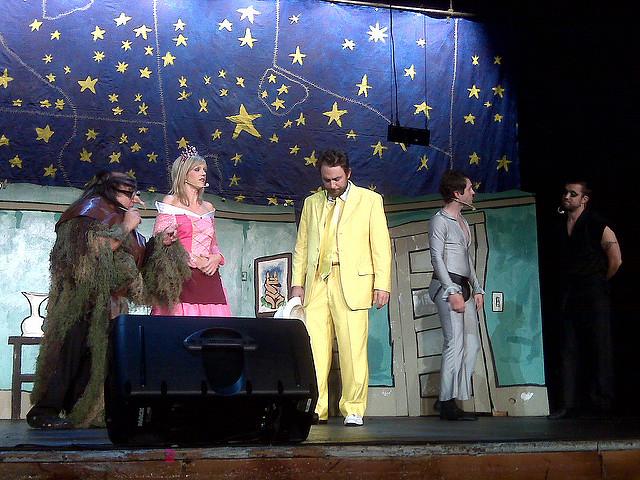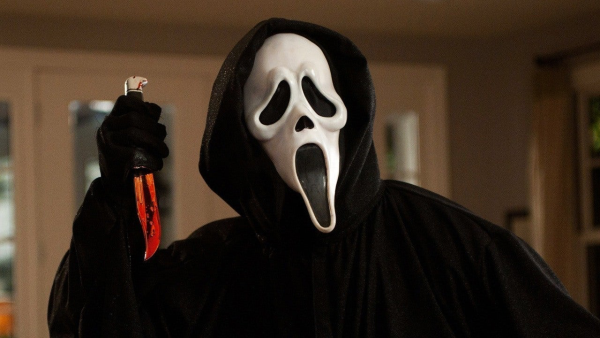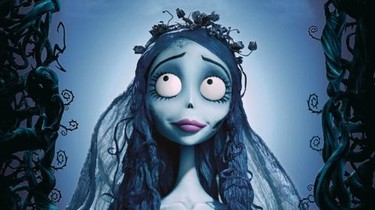“The Gang” is still here
The end of “It’s Always Sunny” is nowhere in sight.
As Charlie Kelly once said: “THIS ISN’T OVER UNTIL I SAY IT’S OVER!”
And, after over 10 years on the air, “It’s Always Sunny in Philadelphia” isn’t over — and the end is nowhere in sight.
The comedy series debuted its 11th season Jan. 6 and, closing in on 124 episodes, continues to produce a signature brand of outrageously funny content that keeps loyal fans coming back for more.
Over the years, “It’s Always Sunny” has masterfully managed to showcase its classic slapstick, borderline-offensive comedy without ruffling too many feathers. The show’s characters have burned down buildings, have used a pro-life rally to pick up women and have even defecated in beds. They’re probably the worst people you’ve ever seen, yet they still manage to exude an endearing quality that makes you love them. After all these years, fans of the series can only help but think: how are they still able to pull this off?
They do this by staying true to the show’s ridiculous nature; it hasn’t tried to be something that it isn’t. The actors have completely embraced their characters’ (idiotic and at times, often psychotic) personalities and ridiculous tendencies, and have taken them to over-the-top levels. From their own fictitious tale of how the Liberty Bell was cracked, their “Ass Kickers United” club and even a wedding they believe zombies attended, the show’s river of material never seems to run dry, or even repeat itself for that manner; it’s one new preposterous idea after another.
“The Gang” — made up by Dennis, Dee, Mac, Charlie and Frank — offers every stereotype under the sun. There’s Dennis: the self-proclaimed leader and megalomaniac, similar to Brain from “Pinky and the Brain.” And Mac, the tough guy, whose running gag throughout the show is that he may be a closeted homosexual. Then there’s Dee: a struggling actress, Dennis’s twin sister and the lone girl of the group, who is constantly tormented by her male counterparts. Then Charlie, the fun-loving, anger-prone illiterate, and finally Frank, Dennis and Dee’s father, a successful businessman turned degenerate.
I don’t think anyone could have predicted the show’s long run of success when it first debuted in August 2005. Even more so, I don’t think anyone — even the show’s creators — could have imagined the show seeing the light of day at all. What was once originally an idea for a short film recorded on a digital camera by cast members Rob McElhenney, Glenn Howerton and Charlie Day turned into a pilot episode that was eventually picked up by FX. Having only been granted seven episodes in their first season, it was hard to imagine “It’s Always Sunny” as anything more than a filler until prime time shows returned in the fall.
However, once the show hit the airwaves, it was clear that it was here to stay. With episodes such as “The Gang Gets Racist” and “The Gang Finds a Dead Guy,” fans were introduced to a group of dimwits that they just couldn’t help but fall in love with: five friends operating Paddy’s Pub, a bar in South Philly, who continuously find themselves in absurd situations.
There is an endearing quality to “The Gang” that appeals to fans and makes them oddly relatable. No, I doubt any of us have gotten addicted to crack in order to get welfare like Dennis and Dee did in “Dennis and Dee Go on Welfare,” nor do I think any of us have dropped acid, donned a green Lycra body suit and tailgated a Philadelphia Eagles open tryout like Charlie did in “The Gang gets Invincible.” Nonetheless, the show makes you reminisce about your pals and the fun times and antics you’ve had with them.
What makes “It’s Always Sunny” so great is that the cast is so dedicated to the show, and they are seemingly willing to do whatever it takes to produce a funny program. In season seven, McElhenney gained 50 pounds, simply because he thought it would be funny if Mac was fat for that season. Charlie’s hilarious play about his fictional superhero, “Dayman,” debuted in the episode “The Nightman Cometh” and eventually turned into a nationwide touring production in which the characters performed the episode for live audiences. The cast seems to understand fully well how much fans appreciate their show, and they, in return, always respond with fresher, funnier and crazier ideas in newer seasons.
It’s astonishing to say that “It’s Always Sunny” is as funny, if not funnier, than it was nearly a decade ago when it premiered. Just when you think they have run out of their signature wacky ideas, they’ll come up with something that leaves you roaring with laughter. We’ve seen them find a baby in a dumpster in season three, invent “kitten mittens (spelled ‘mittons’ due to Charlie’s illiteracy) in season five, eat rum ham (ham soaked in rum) at the Jersey Shore in season seven and, in this season, we watch Dee try to get her big break into acting by being an extra in a smut film.
“It’s Always Sunny in Philadelphia” will inevitably come to an end, but it’s hard to imagine when. Yes, at face value this is a show about five morons who run an unsuccessful bar in South Philly. But the beauty of it is, they don’t try to hide from who they are. They embrace their idiocy and foolish nature and just run with it. They stay true to form and let their characters be themselves. As the old saying goes, “If it ain’t broke, don’t fix it,” and “The Gang” hasn’t fixed it. They’re probably too dumb to fix it anyway.
Email Adam at [email protected].






